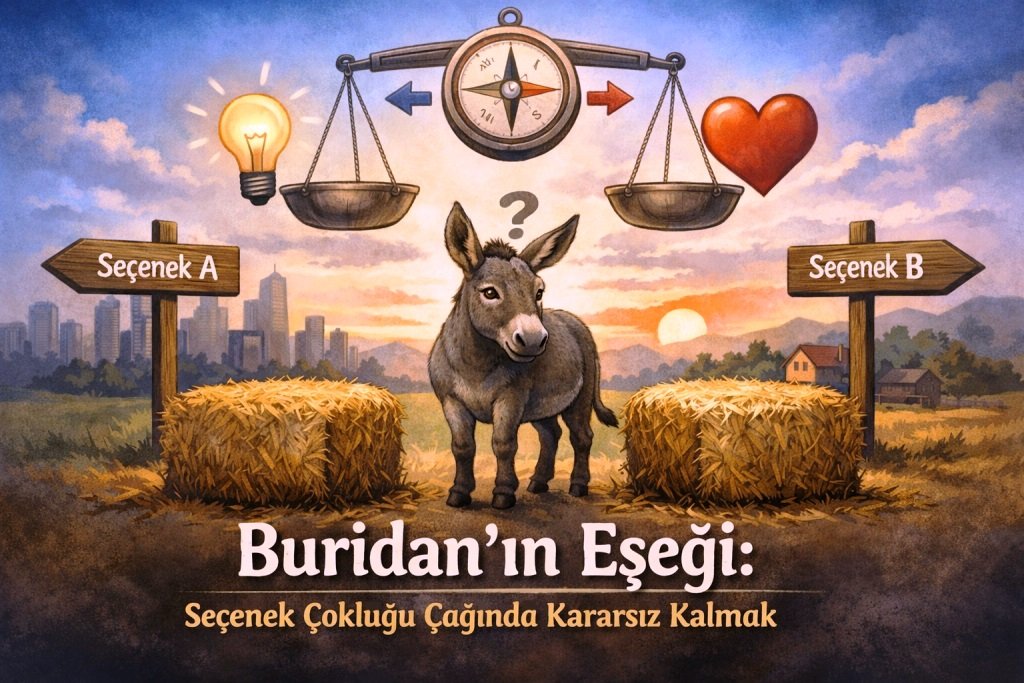Philosophy of Success
Dünya üzerinde tanımı yapılırken en çok zorlanılan kavramlardan birisi de başarıdır. Çünkü başarının tanımı, zamandan zamana, toplumdan topluma ve kişiden kişiye göre değişkenlik gösterir. Başarı neyi ifade eder, kimlere başarılı denir? Başarılı bir hayat neye benzer? Tüm bu soruların cevabını vermek, başarı kavramını ölçen belirgin ve temel kriterlerin olmaması nedeniyle çok zordur.
These difficulties have many sources. First of all, a success in the past may not mean anything today. Because it may be outdated or lost in value. This indicates the “time dimension” of success. Second, success means different things to each society. Because social values differ from society to society. This refers to the “cultural subjectivity” of success. Third, the value of an achievement varies from person to person. This situation expresses the “personality” of success.
Başarının tanımı yapılırken farklı değişkenler işin içine girse de, evrensel düzeyde kabul gören başarı kriterleri az da olsa bulunmaktadır. Yoksa, olimpiyatlar dahil hiçbir yarışma organizasyonu gerçekleştirilemezdi. Genellikle, ‘ilk’ler ve ‘en’ler hemen her toplumda takdir edilir ve başarılı olarak kabul edilir. Bununla birlikte ‘ilk’ler her zaman sabittir ve zamandan zamana değişmeyen bir özellik gösterir, ancak ‘en’ler zamanla değişebilir. Bu, rekabeti kızıştıran önemli bir faktördür. Olimpiyat oyunlarının sloganı haline gelen, “Altius, Citius, Fortius”, “daha yüksek, daha hızlı, daha güçlü” olmayı ifade ederken rekabete vurgu yapar. Başarılı olmak, anlamlıdır. O nedenle her yıl binlerce insan yarışmalara katılmakta, Guiness Rekorlar Kitabı’na girebilmek için ölüm riskini bile göze alarak riskli denemeler yapmaktadır. Bunu yaşamının ideali haline getirmiş insanlar vardır. Hiç yapılmayan bir şeyi yapmak, ve de daha iyisini yapabilmek.. Günümüzün gelişmiş dünyası bu çabaların bir sonucudur.
While success usually expresses the evaluation of events and results according to certain criteria, it includes comparison, competition and results. Competing with others and accepting certain consequences is an inevitable fact of today's world. The result of every competition and competition, where the conditions are equal and the evaluation is fair, aims to reveal the successful and good one. However, in today's world, criteria and criteria in many areas of life vary according to place, time and person, and this negatively affects the evaluation of success.
One of the factors that should be considered when evaluating success is how the person reached his goal and how he achieved it. In other words, the distance between the starting point and the final point of the person and how long it takes to do this determine the value of the success. While some sacrifice their whole life to reach a goal, others start their lives with that goal from birth. In this case, it should be noted that one of the most common mistakes when describing success is ignoring the 'source' factor in success. For example, there are significant differences between the first and last climbers to climb Mount Everest in terms of technological equipment and equipment. While these differences make climbing Everest easier, they objectively and subjectively reduce the value of the achievement. It is also known that many skilled climbers are not able to climb Everest simply because they cannot afford the high taxes required for the ascent permit. Even if we don't have certain resources, having an environment (family, friends, sponsors) that can provide them to us means "external resources". A second factor is the internal resources we have (skills, aptitudes, etc.). People who are born with certain talents can achieve success at an early age when they are brought up in an environment that can develop them. Talent is of primary importance, especially in the fields of sports and arts.
Başarının kişiselliği ise, kişiden kişiye farklı anlamlar taşımasından ileri gelmektedir. Elde edilen sonuçlar kimisi için bir anlam ifade etmezken, kimisi içinse büyük bir başarı olarak değerlendirilir. Bu, değerlendirmeyi yapan kişinin hangi “Değer/Güdü Profili”ne sahip olduğuna göre değişiklik gösterir. Bağımsızlık gereksinimi yüksek bir birey için, karşısındaki kişinin aldığı sonuç, o kişinin ne kadar bağımsız yaşadığına göre yorumlanırken; güç gereksinimi yüksek biri içinse yorum, değerlendirilen kişinin ne kadar güç sahibi olduğuna göre değişiklik gösterecektir. Dolayısıyla, başarıyı yorumlayan kişinin değerleri de sonuçları değerlendirirken önemli bir kriter görevi görecektir.
Success is living the life you want!







